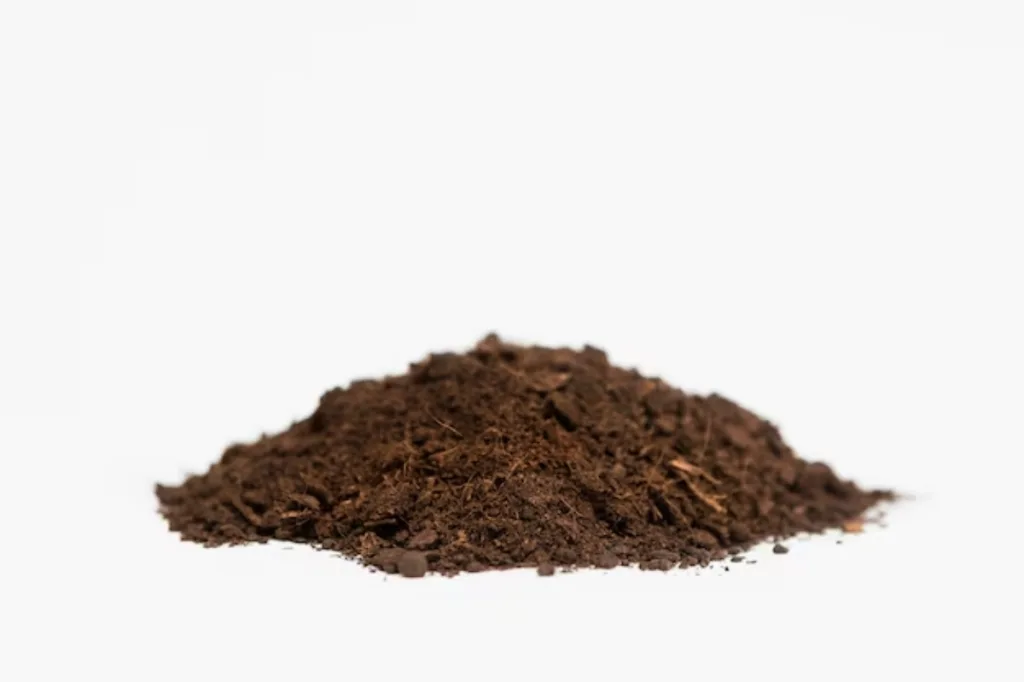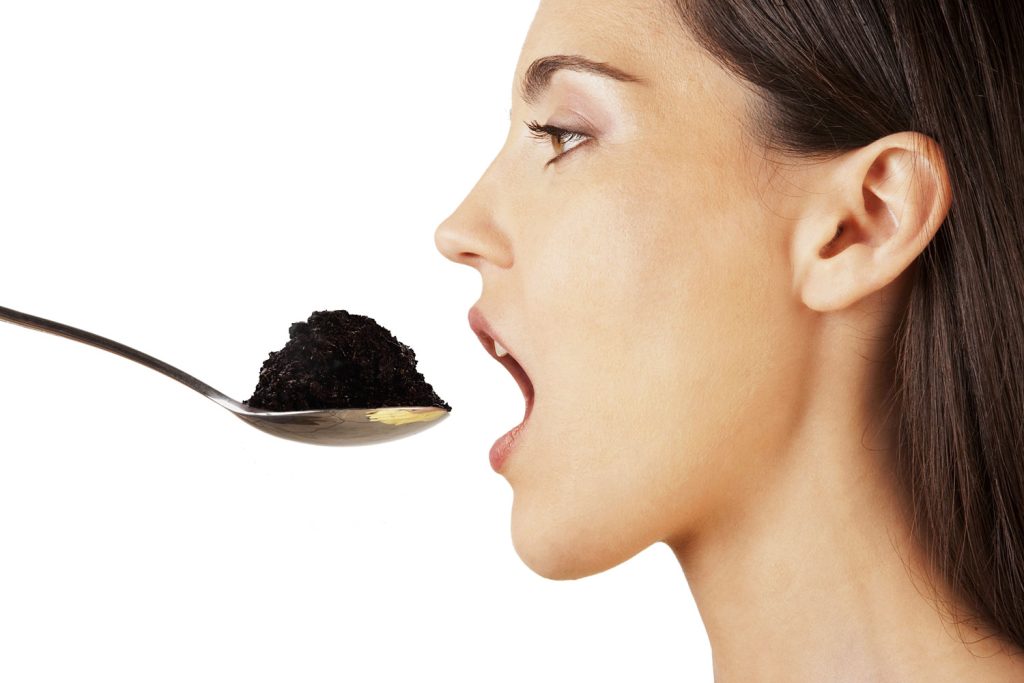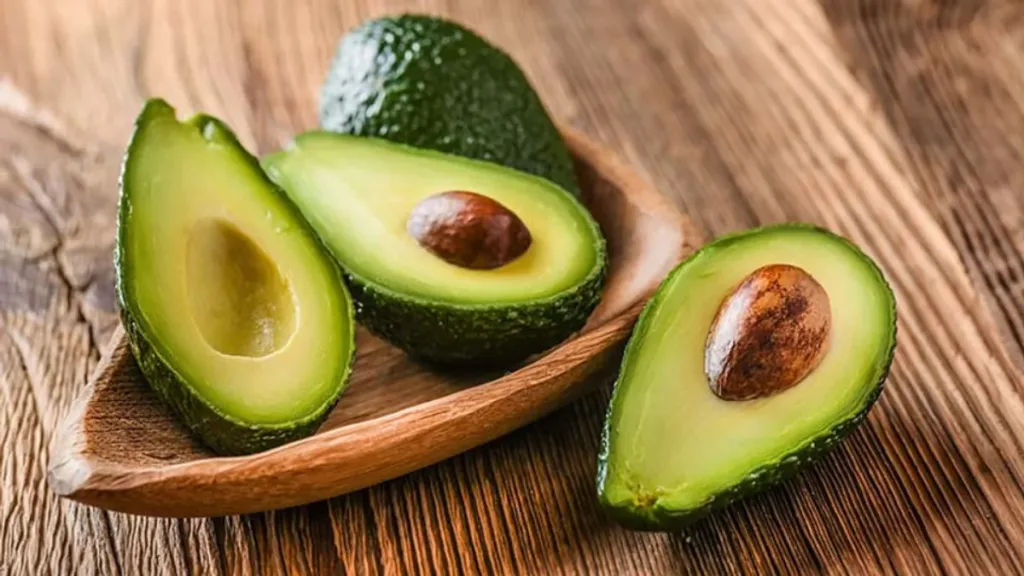Pregnancy is a time marked by significant physical and emotional changes, and it is not uncommon for expectant mothers to experience unusual cravings.
One of the more peculiar and concerning cravings can be for dirt, a condition referred to as pica.
This discussion will explore the phenomenon of craving dirt during pregnancy, examining potential causes such as nutritional deficiencies and hormonal shifts.
It will also address the risks these cravings may pose to both the mother and the baby, along with strategies for managing them effectively.
Whether you are navigating your own cravings or seeking to understand someone else’s experience, this guide aims to provide insights and practical solutions for a healthier pregnancy.
Further reading: Why You Crave Meat During Pregnancy: What to Know
Understanding Pica and Dirt Cravings During Pregnancy

Understanding pica and the phenomenon of dirt cravings during pregnancy is vital for maternal health. Pica is a condition where individuals have an urge to eat non-food items, such as dirt or soil. This craving can stem from several factors, including nutritional deficiencies and hormonal changes that many pregnant women go through.
This behavior can pose health risks for both the mother and the developing baby, so it’s important to recognize the signs and take the necessary steps to manage these cravings safely.
What is Pica?
Pica is an eating disorder characterized by a persistent craving and consumption of non-food items, such as dirt, clay, and other unusual substances. This condition is often observed in pregnant women and is associated with various health risks and nutritional deficiencies.
The causes of pica can be quite diverse, ranging from iron deficiency to psychological conditions. Individuals with this disorder may experience a compelling urge to consume these substances, which can sometimes result in digestive issues, infections, or even poisoning.
Interestingly, the prevalence of pica varies significantly across different cultures; in some societies, this behavior may be considered normal, while in others, it can raise concerns.
For pregnant individuals, cravings for non-food items may become more pronounced, potentially indicating a need for specific nutrients that their bodies are lacking. The consumption of these substances can lead to serious health risks, underscoring the importance of seeking appropriate guidance and nutritional support.
Further reading: Craving Ice During Pregnancy: What It Means and Why It Happens?
Why Do Some Pregnant Women Crave Dirt?
Pregnant women may experience cravings for dirt for a variety of reasons, including nutritional deficiencies, changes in appetite, and hormonal fluctuations. These cravings could indicate the body’s attempt to meet its essential nutrient needs or may be influenced by psychological factors, cultural practices, and personal experiences.
In particular, the body might be signaling a deficiency in vital minerals, especially iron, which is crucial during pregnancy as it supports blood production for both mother and baby. Hormonal changes, particularly an increase in hormones such as progesterone, can also alter taste preferences, leading to unexpected and sometimes peculiar cravings.
Additionally, psychological factors, including stress or the search for emotional comfort, may drive individuals toward cravings that appear unusual. Cultural beliefs can also play a role, sometimes glorifying the consumption of non-food items. Overall, it’s a fascinating interplay of biology and psychology that helps to explain this unique phenomenon.
Possible Causes of Dirt Cravings

Exploring the potential causes of dirt cravings uncovers a complex interaction of nutritional deficiencies, hormonal changes, and psychological factors. These cravings may indicate the body’s need for essential nutrients and can often arise due to lifestyle changes during pregnancy. Understanding these underlying causes is important for addressing the issue effectively.
Nutritional Deficiencies
Nutritional deficiencies, especially of key minerals like iron, can lead to cravings for non-food items, such as dirt, during pregnancy. As the body requires more essential nutrients, these cravings may emerge as an attempt to fulfill nutritional needs, albeit in a misguided manner.
These cravings often indicate an underlying lack of vital nutrients, which can have consequences for both the mother and the developing fetus. Therefore, it is crucial for expectant mothers to emphasize a balanced diet that is rich in iron, calcium, and folate to meet these increased nutritional demands. Foods such as lean meats, leafy greens, and fortified cereals serve as excellent sources that can help address these deficiencies.
Prenatal vitamins are also important in filling any nutritional gaps, ensuring comprehensive nutrition. Additionally, nutritional counseling can offer personalized guidance, assisting mothers-to-be in making informed dietary choices that promote healthier outcomes for both themselves and their babies.
Hormonal Changes
Hormonal changes during pregnancy can lead to notable shifts in appetite, significantly influencing the types of cravings women may experience. Fluctuations in hormones such as progesterone and estrogen can alter taste preferences and even trigger cravings for unusual substances.
As these hormones go through their ups and downs, they can heighten sensitivity to certain tastes and smells. This can make some foods appear particularly appealing, while others may become less appetizing. For example, progesterone may increase a woman’s desire for carbohydrates, while fluctuations in estrogen can intensify cravings for sweet or salty snacks.
These changes often coincide with other common pregnancy symptoms, such as nausea and fatigue, which can complicate the overall craving experience. Ultimately, these hormonal shifts dictate not only what is craved but also when and how intensely these cravings arise, illustrating the intricate relationship between physiology and appetite during this unique stage of life.
Psychological Factors
Psychological factors significantly influence craving behavior during pregnancy, affecting how and why women may desire unusual items, such as dirt. Emotional eating, stress, and cultural influences all contribute to these cravings, intertwining physical health with mental well-being.
These cravings are not solely physiological; they often have deep emotional roots, triggered by anxiety, hormonal fluctuations, or even a sense of nostalgia. Women may reach for specific foods or items that evoke comforting memories from their past or that act as a coping mechanism for stress. Additionally, societal expectations and cultural practices can intensify these cravings, prompting individuals to seek out particular foods or experiences linked to their heritage.
Understanding the psychology behind these cravings is essential, as it underscores the complex connections between mental health and dietary choices during this critical period.
Potential Risks and Complications

The potential risks and complications associated with craving dirt during pregnancy are quite serious, affecting both maternal and fetal health. These health risks may stem from nutritional deficiencies and the ingestion of harmful substances.
Therefore, it is crucial for pregnant women to carefully monitor their cravings.
Impact on Mother and Baby
The impact of dirt cravings on both the mother and baby can be significant, presenting health risks that may arise from nutritional deficiencies and exposure to harmful substances. Therefore, prenatal care plays a crucial role in managing these cravings and safeguarding the well-being of both individuals.
Expecting mothers may inadvertently consume soil, which can expose them and their developing babies to harmful bacteria and toxins found in the earth. Such risks can lead to potential infections and even developmental issues for the fetus if dietary needs are overlooked.
Additionally, soil consumption often signals a deficiency in essential minerals in the mother’s diet, which can result in low energy levels and increased stress on her body.
Comprehensive prenatal care is essential for identifying and addressing these cravings, providing nutritional guidance and support to foster healthy eating habits. By prioritizing regular check-ups, medical professionals can effectively monitor the health of both the mother and baby, ensuring safe development throughout the pregnancy.
Managing and Addressing Dirt Cravings
Managing and addressing dirt cravings during pregnancy is essential for ensuring both maternal and fetal health. There are several strategies available, from exploring healthy alternatives to seeking professional assistance, that can help navigate these cravings while maintaining a balanced diet.
Healthy Alternatives to Dirt

Finding healthy alternatives to non-food cravings can effectively satisfy those urges while also providing essential nutrients needed during pregnancy. Options such as clay-based supplements or nutrient-dense foods can enhance nutrient absorption without the health risks that often accompany such cravings.
Women who experience these cravings may underestimate the significance of replacing them with nutritious options that support both health and well-being. Rather than turning to non-food items, they can explore a variety of wholesome alternatives, like leafy greens, seeds, and legumes. These foods not only supply iron and calcium but also contribute to overall vitality.
Incorporating foods like avocados or quinoa can further aid fetal development, while supplements such as iron and folic acid help ensure that both mother and baby receive optimal nourishment. By making conscious food choices, women can not only manage unhealthy cravings but also improve their energy levels and emotional well-being throughout this transformative journey.
Seeking Professional Help
Seeking professional assistance is crucial for managing cravings during pregnancy, especially when those cravings involve harmful substances such as dirt. Nutritional counseling and health education can serve as valuable support systems for pregnant women facing these challenges.
This guidance enables expecting mothers to make informed decisions about their dietary needs, ultimately benefiting both their well-being and that of their developing baby. By incorporating personalized meal plans and addressing nutritional gaps, healthcare providers play a vital role in promoting a healthy pregnancy. They can offer effective strategies to manage cravings constructively, ensuring that both emotional and physical health considerations are prioritized.
This holistic approach not only reduces the health risks associated with poor dietary habits but also fosters confidence in mothers as they learn to care for themselves and their child.
Preventing Dirt Cravings During Pregnancy
Preventing dirt cravings during pregnancy requires a focus on maintaining a healthy diet and addressing any potential nutritional deficiencies. By prioritizing their dietary needs and ensuring proper hydration, pregnant women can significantly reduce the chances of experiencing these unusual cravings.
Tips for a Healthy Pregnancy Diet
A healthy pregnancy diet is essential for both the mother and the baby, providing vital nutrients that can help manage cravings. It is important to focus on a range of dietary sources that are rich in folate, iron, calcium, and zinc, as these will support overall health during this crucial period.
To achieve a balanced intake, incorporating leafy greens such as spinach and kale can provide ample folate, while lean meats and legumes serve as excellent sources of iron. Dairy products, along with fortified plant-based alternatives, contribute significantly to calcium intake, which is essential for developing strong bones in the growing child. Additionally, nuts and seeds offer zinc, which is important for cell growth and repair.
While maintaining a well-rounded diet is critical, prenatal vitamins can also play a supportive role. They help fill any potential gaps in nutrition, ensuring that both mother and baby receive the best possible start for a healthy future.
Importance of Prenatal Care
The significance of prenatal care is truly paramount, as it plays a crucial role in monitoring health and ensuring a balanced diet for expectant mothers. Regular check-ups are beneficial for identifying any dietary restrictions and providing guidance on effectively managing cravings.
Healthcare providers are essential in advising expectant mothers on nutritious food choices that meet their unique needs and cravings. By offering personalized meal plans, they can promote a diverse diet that includes ample fruits, vegetables, whole grains, and lean proteins, ensuring that both the mother and baby receive the necessary nutrients.
In addressing common pregnancy cravings, such as those for sweets or salty snacks, healthcare practitioners can suggest healthier alternatives that satisfy these desires without compromising nutritional value. This collaborative approach not only encourages healthy eating habits but also helps alleviate any anxieties mothers may have regarding their nutrition during this critical period, ultimately supporting overall maternal health.
Frequently Asked Questions
Why do pregnant women crave dirt?
Pregnancy cravings are common, and sometimes they can be for non-food items like dirt. This is known as pica, which is a condition characterized by an irresistible urge to eat non-nutritive substances.
Is it safe to eat dirt during pregnancy?
No, it is not safe to eat dirt during pregnancy. Dirt may contain harmful bacteria, parasites, or chemicals that can be harmful to both the mother and the baby. It is important to resist the urge to consume dirt and seek help from a healthcare provider.
Could craving dirt be a sign of a nutrient deficiency?
Yes, in some cases, craving dirt during pregnancy can be a sign of a nutrient deficiency. This is because dirt often contains minerals that the body may be lacking, such as iron or zinc. It is important to discuss any cravings with a healthcare provider to determine the cause.
How can I satisfy my craving for dirt in a safe way?
If you are experiencing a craving for dirt, it is important to find a safe and healthy alternative. Some options include consuming foods high in the nutrients you may be lacking, such as leafy greens for iron, or taking a supplement recommended by your healthcare provider.
Are there any risks associated with pica during pregnancy?
Yes, there are risks associated with pica during pregnancy. Ingesting non-food items can increase the risk of infection, nutrient deficiencies, and even lead poisoning. It is important to seek help from a healthcare provider if you are experiencing pica cravings.




